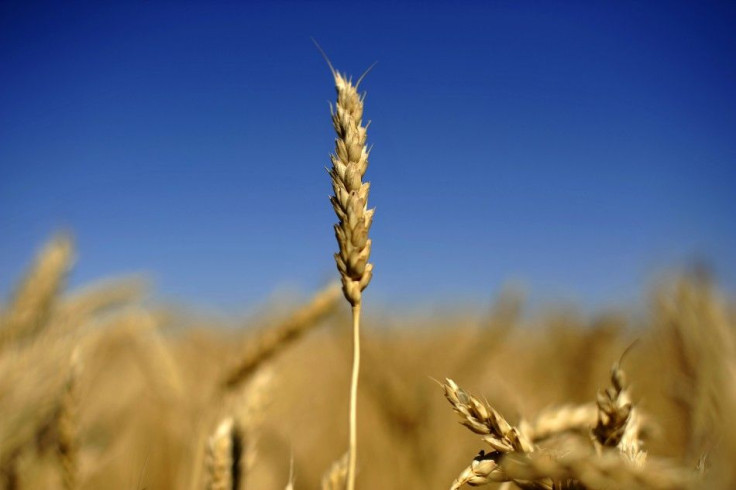Bill to scrap Canadian Wheat Board monopoly advances

A government bill to scrap the Canadian Wheat Board's grain marketing monopoly cleared the final stage of approval by Canada's House of Commons on Monday, leaving it all but certain to become law next month.
The bill would end the Wheat Board's six-decade old marketing monopoly for Western Canada's wheat and barley for milling or export, as of August 2012, the start of the 2012/13 crop marketing year.
The new law would alter the western grain industry as farmers could immediately commit next year's crops to private grain handlers like Viterra and Richardson International Limited through forward price contracts.
Agriculture ministers from Canada's two-biggest wheat-growing provinces, Saskatchewan and Alberta, repeated their support for the bill from the federal Conservative government. Both provincial governments have strong ties to the Conservatives.
All producers are asking here for is the choice to market their own grain - they have no vendetta to see the end of the Wheat Board, Saskatchewan Agriculture Minister Bob Bjornerud told reporters in Ottawa.
Manitoba, the province in which the Wheat Board is based, opposes the bill, saying it will result in lower returns to farmers, a loss of jobs and a reduction in shipping through its northern port of Churchill.
Farmers have long been divided over the Wheat Board monopoly, although a majority surveyed in a non-binding summer poll by the CWB favored keeping the wheat monopoly.
(Prime Minister Stephen) Harper, in one fell swoop, is destroying farmers' marketing agency, said farmer Terry Boehm, president of the Canadian office of the National Farmers Union.
The bill still needs approval from the Canadian Senate, which the Conservative government also controls, and the usually automatic final approval stage of royal assent. Agriculture Minister Gerry Ritz has said he expects the bill to become law before Christmas.
The legislation faces a court challenge on December 6 by the Wheat Board, which argues that the bill is illegal because the government did not hold a farmer vote on ending the monopoly.
The government plans to help the Wheat Board survive without its monopoly by guaranteeing its initial payments to farmers and borrowings for up to five years.
It is hardly certain, however, how significant an entity the CWB will be. Ritz has promised to downsize the Winnipeg-based organization, and last week Cargill Inc said it may run a spring wheat pool, which the CWB currently offers farmers.
Canada is the top exporter of spring wheat, durum and malting barley, all of which fall under the CWB monopoly.
© Copyright Thomson Reuters 2024. All rights reserved.




















